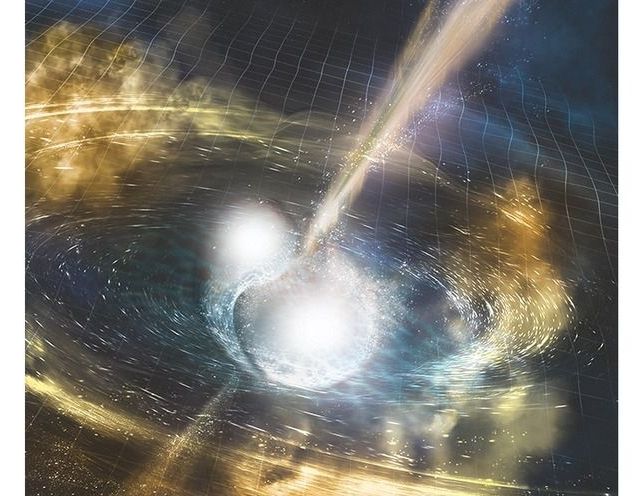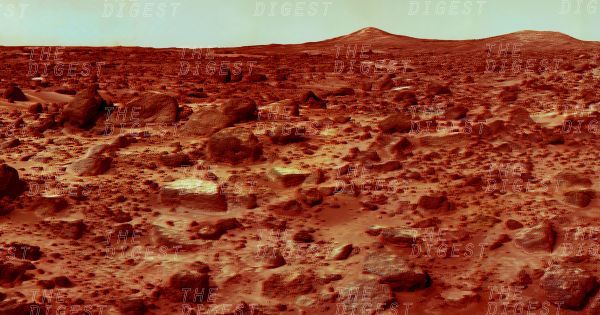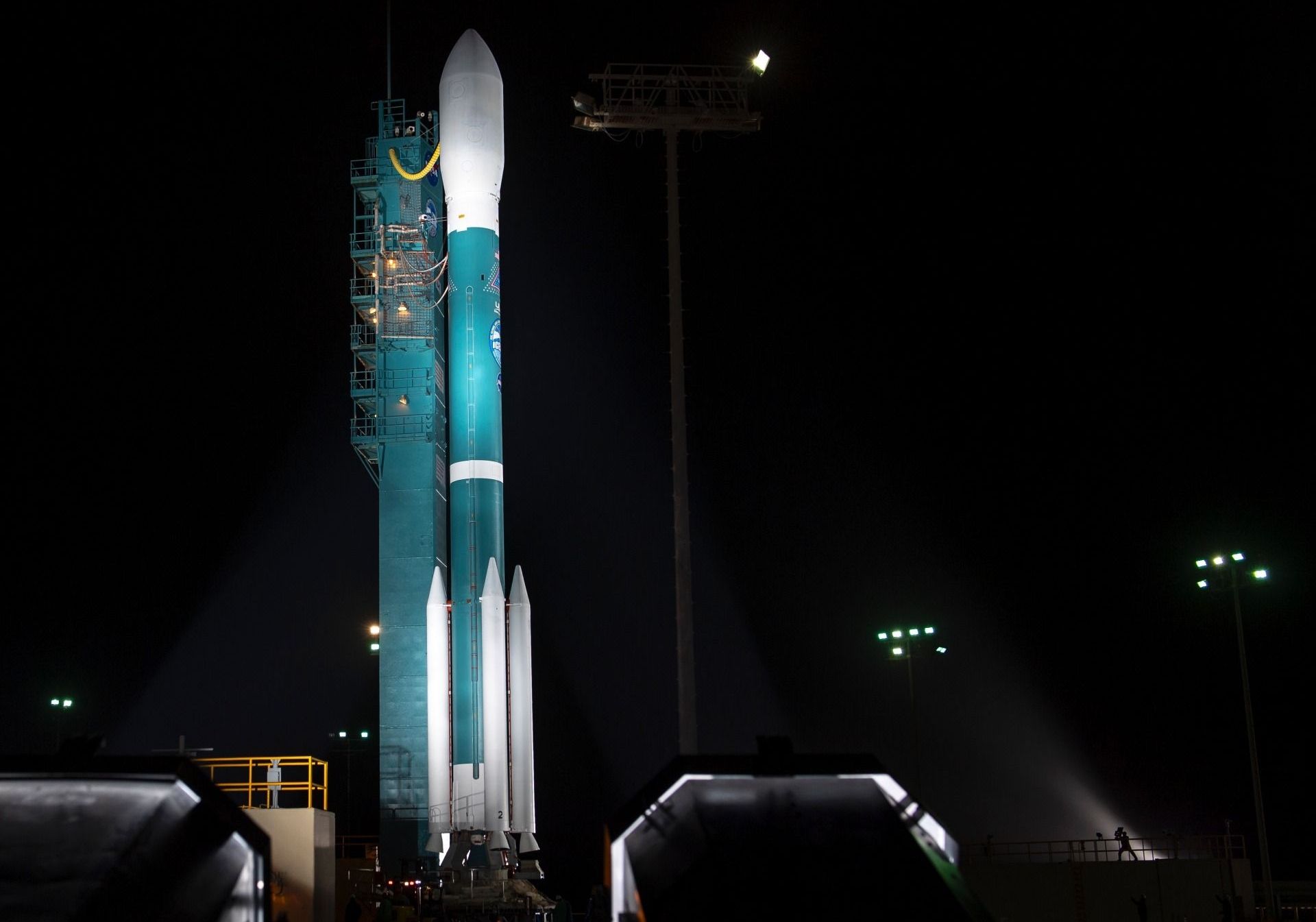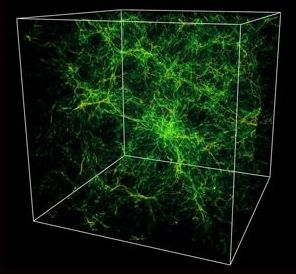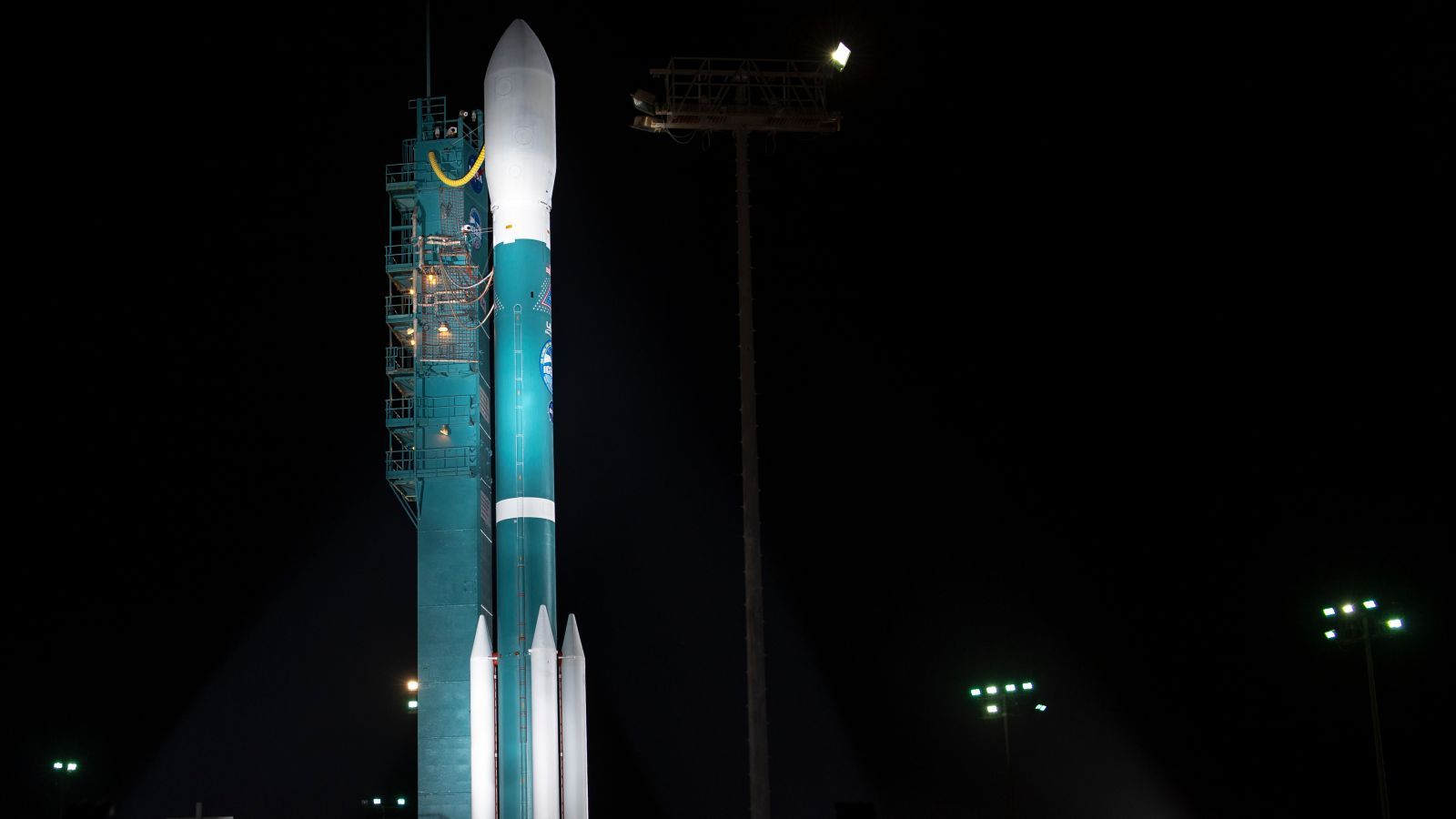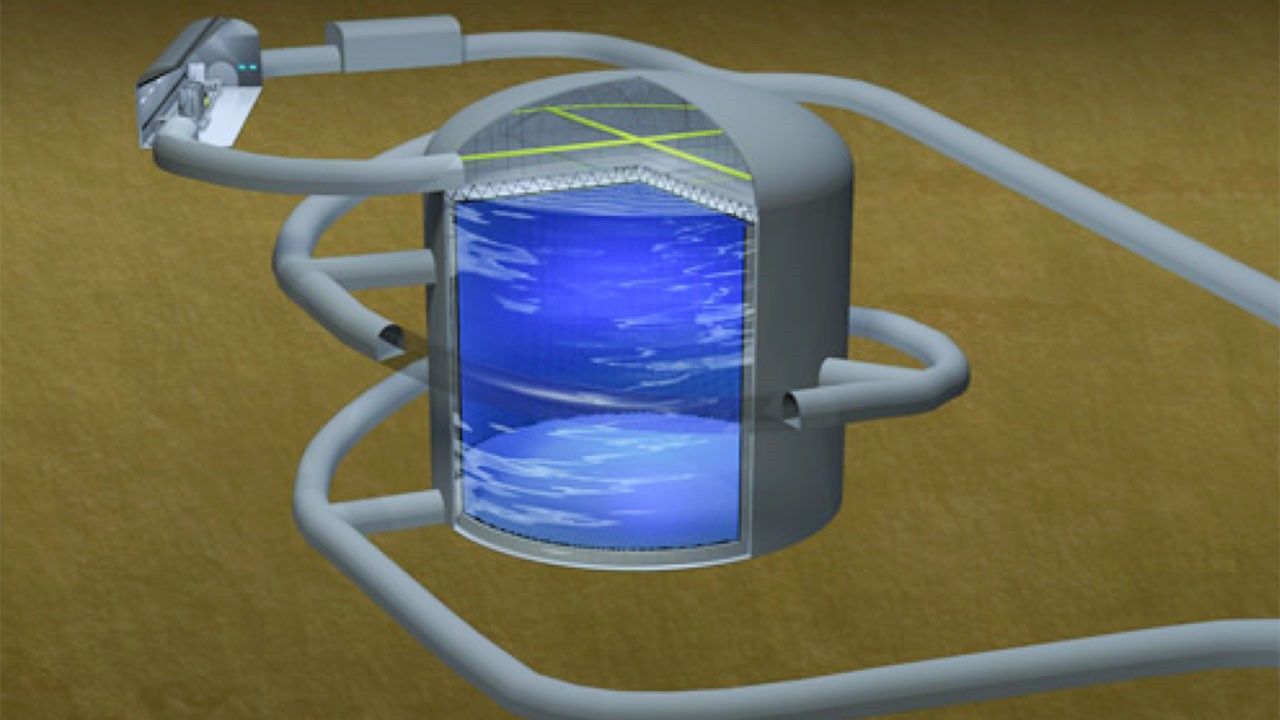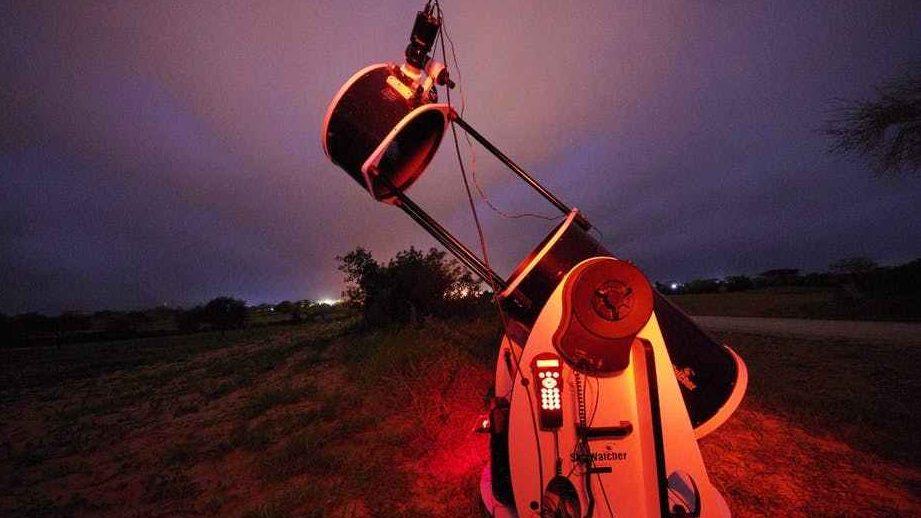Archive for the ‘space’ category: Page 851
Sep 16, 2018
Scientists Say We Can’t Terraform Mars. Elon Musk Says We Can
Posted by Michael Lance in categories: biotech/medical, Elon Musk, engineering, environmental, space
SpaceX’s CEO shrugs off 20 years of NASA research.
SORRY, ELON. To be ready for human occupants, Elon Musk has long called Mars a “fixer-upper of a planet.” But according to a new NASA-sponsored study, a better description might be a “tear-down.” The scientists behind that project say it’s simply not possible to terraform Mars — that is, change its environment so that humans can live there without life support systems — using today’s technology.
BUILDING AN ATMOSPHERE. Mars has a super thin atmosphere; a human unprotected on the surface of Mars would quickly die, mostly because there’s not enough atmospheric pressure to prevent all your organs from rupturing out of your body (if you survived a little longer, you could also suffocate from lack of oxygen, freeze from low temperatures, or get fried from too much ultraviolet radiation).
Continue reading “Scientists Say We Can’t Terraform Mars. Elon Musk Says We Can” »
Sep 16, 2018
Last Delta II Rocket Launches NASA Satellite to Map Earth’s Ice with Space Laser
Posted by Genevieve Klien in category: space
A $1 billion NASA mission that will use a laser to track changing ice levels on Earth soared into space early Saturday (Sept. 15), launching into a predawn California sky on a mission that also marked the final flight of a record-setting rocket.
Sep 15, 2018
NASA satellite launched to measure Earth’s ice changes
Posted by Genevieve Klien in category: space
A NASA satellite designed to precisely measure changes in Earth’s ice sheets, glaciers, sea ice and vegetation was launched into polar orbit from California early Saturday.
Continue Reading Below
A Delta 2 rocket carrying ICESat-2 lifted off from Vandenberg Air Force Base at 6:02 a.m. and headed over the Pacific Ocean.
Continue reading “NASA satellite launched to measure Earth’s ice changes” »
Sep 15, 2018
The Last of the Universe’s Ordinary Matter Has Been Found
Posted by Genevieve Klien in category: space
For decades, astronomers weren’t able to find all of the atomic matter in the universe. A series of recent papers has revealed where it’s been hiding.
Sep 15, 2018
Brainvoyager “Electronic Fusion” #158 – 15 September 2018
Posted by Genevieve Klien in categories: neuroscience, space

Playlist Electronic Fusion #158, broadcast on 15 September 2018:
01. Plike — Holmesburg 02. Plike — The Monster Study 03. Plike — Subproject 68 04. Plike — Bluebird 05. Plike — Laboratory 12 (Feat. Digibilly) 06. Alpha Wave Movement — Herzschlag Des Universums 07. Alpha Wave Movement — Other Worlds 08. Chris Gate — This Is Syndae 09. Moonbooter — Syndae’s Theme (Boot From Moon Mix) 10. Stefan Erbe — GP 11. Arend Westra — Under The Milky Way 12. Broekhuis, Keller & Schönwälder — Frozen Nights 13. AndAWan — Time To Remember (Ft. Irene Makri) 14. Thought Guild — Tetrahedral Anomalies 15. Erik Seifert — ALICE (A Large Ion Collider Experiment) 16. Wolfgang Roth (Wolfproject) & Jens-H. Kruhl (Wiesenberg) — The Light Belongs To You.
Continue reading “Brainvoyager ‘Electronic Fusion’ #158 – 15 September 2018” »
Sep 15, 2018
ISS hole: We will look back on Sept 2018
Posted by Philip Raymond in categories: astronomy, ethics, habitats, space, space travel
 Someday, people across the world will look back on September 2018, much like we look back on the terror attacks of 9/11 or the safe return of Apollo 13 in 1970. They are touchstone moments in world history. For Americans, they are as indelible as Pearl Harbor, the assassination of John F. Kennedy or the first moon landing.
Someday, people across the world will look back on September 2018, much like we look back on the terror attacks of 9/11 or the safe return of Apollo 13 in 1970. They are touchstone moments in world history. For Americans, they are as indelible as Pearl Harbor, the assassination of John F. Kennedy or the first moon landing.
So, what happened just now? The month isn’t even half over, and the only events we hear about on the news are related to Hurricane Florence and Paul Manafort. (In case you live under a rock or are reading this many years hence, the hurricane made landfall on the coast of the Carolinas, and the lobbyist / political consultant / lawyer / Trump campaign chairman pled guilty to charges and has agreed to cooperate in the continuing Mueller investigation).
No—I am not referring to either event on the USA east coast. I am referring to a saga unfolding 254 miles above the Earth—specifically a Whodunit mystery aboard the International Space Station (ISS). NASA hasn’t seen this level of tawdry intrigue since astronaut Lisa Marie Nowak attacked a rival for another astronaut’s affection—driving across the country in a diaper to confront her love interest.
So What is the Big Deal This Week?!
Continue reading “ISS hole: We will look back on Sept 2018” »
Sep 15, 2018
Watch the Last Delta II Rocket Carry ICESat-2 Into Space
Posted by Michael Lance in category: space
Godspeed, Delta II.
NASA’s last Delta II rocket blasted into the atmosphere from Vandenberg Air Force Base in California on Saturday carrying the Ice, Cloud and land Elevation Satellite-2 (ICESat-2), Space.com reported, in the rocket’s 155th and final mission.
First entering service in 1989, the Delta II was NASA’s workhorse rocket, with Saturday’s launch capping off 100 successful launches in a row. (The last failure was in 1997, when a Delta II carrying a GPS satellite exploded seconds after leaving the pad.) As noted by the Verge, prior payloads have included the Spitzer and Kepler space telescopes, the Spirit and Opportunity Mars rovers, and the original ICESat.
Continue reading “Watch the Last Delta II Rocket Carry ICESat-2 Into Space” »
Sep 15, 2018
Japan’s science ministry seeks large budget increase, prioritizing massive neutrino detector
Posted by Derick Lee in categories: education, government, particle physics, science, space, supercomputing
Japan’s government is facing serious fiscal challenges, but its main science ministry appears hopeful that the nation is ready to once again back basic research in a big way. The Ministry of Education (MEXT) on 31 August announced an ambitious budget request that would allow Japan to compete for the world’s fastest supercomputer, build a replacement x-ray space observatory, and push ahead with a massive new particle detector.
Proposed successor to Super-Kamiokande, exascale computer and x-ray satellite win backing.
Sep 13, 2018
NASA picked this West African country to find out more about an asteroid in outer space
Posted by Genevieve Klien in categories: security, space
A few factors were taken into consideration. These included security conditions, climatic conditions at that time of year, the existence of potential scientific partners, and what facilities were available.
Senegal has made great strides in astronomy and planetary sciences in recent years. That’s been largely driven by the Senegalese Association for the Promotion of Astronomy, led by Maram Kaire. Some Senegalese researchers are also involved in the African Initiative for Planetary and Space Sciences, which I head up.
And so, NASA focused its efforts in Senegal. It sent 21 teams to the country, and six to Columbia, which had less favorable climatic conditions. One team, composed of Algerian astronomers from the Centre de Recherche en Astrophysique et Géophysique, also attempted to observe the occultation in the south of Algeria.
